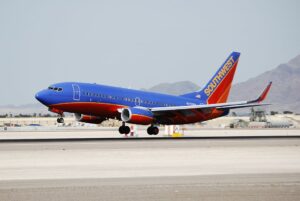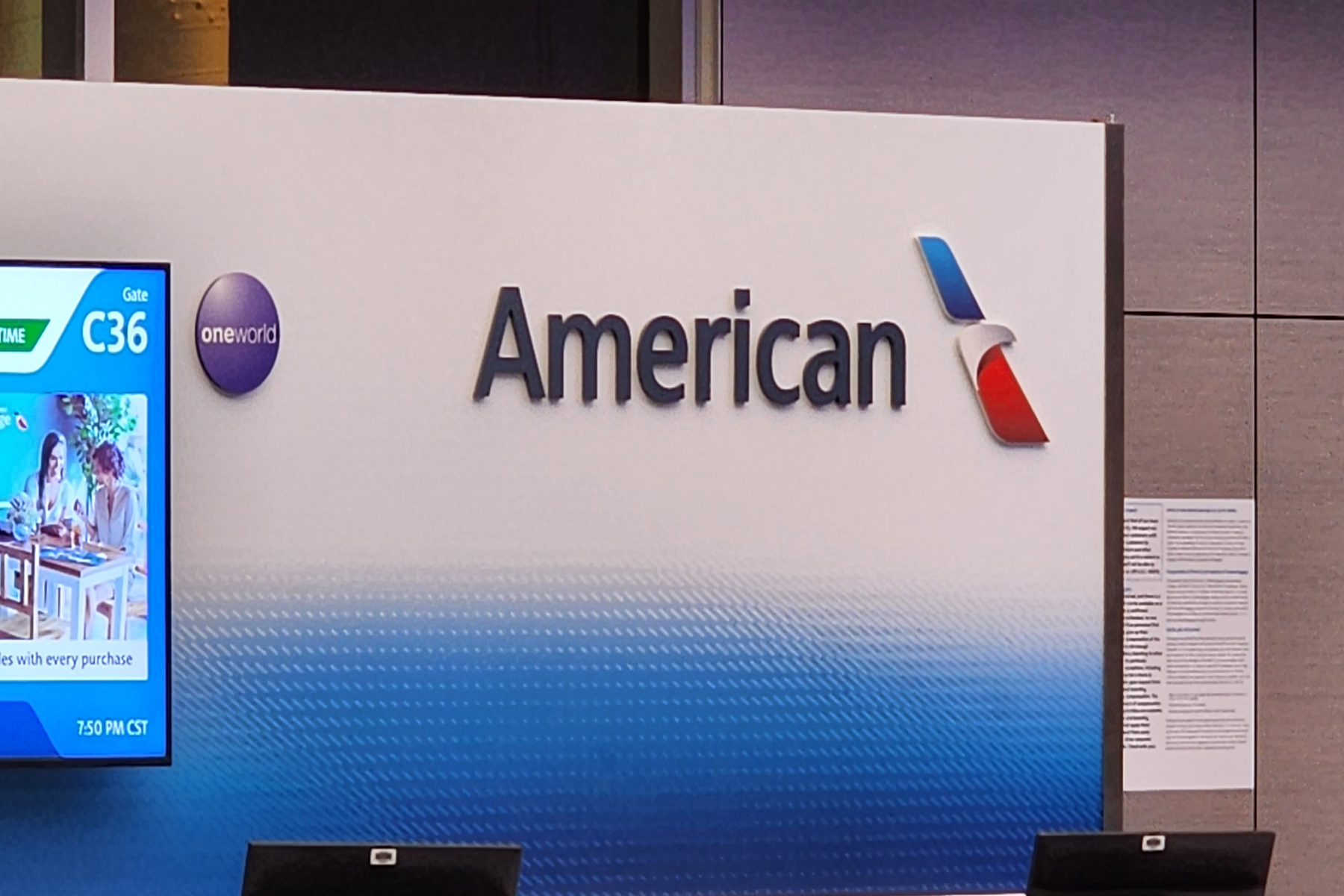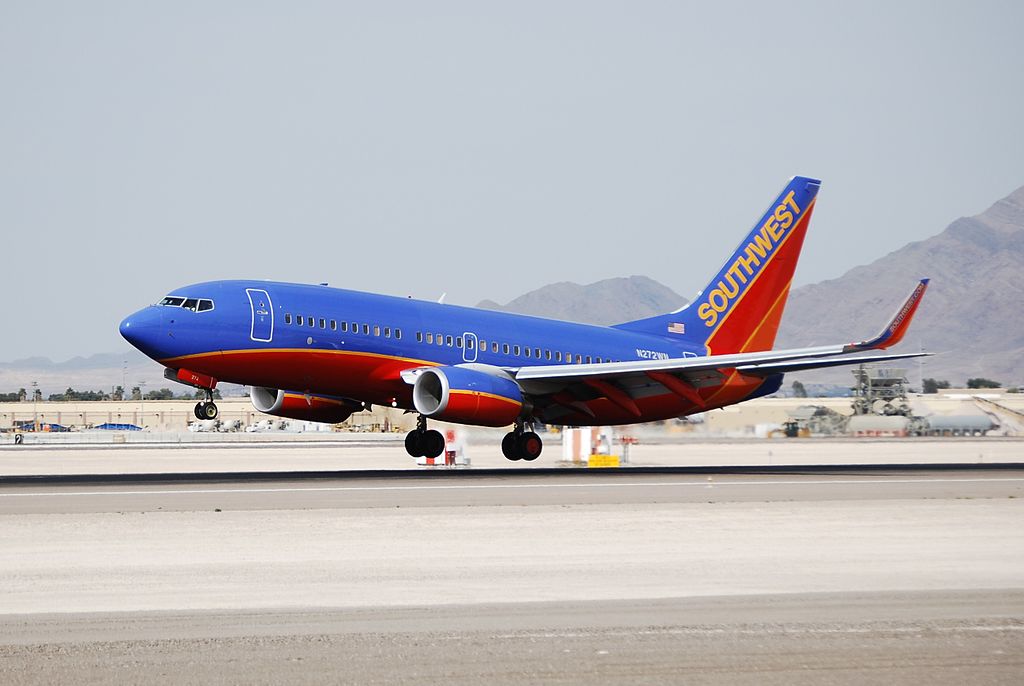Transportation Agency Orders Air Canada to Update Deaf-Blind Policy

Departing Toronto Pearson
The clock is ticking for Air Canada to update its staff with procedures relating to deaf and blind flyers.
Air Canada (AC) has until Dec. 15 to comply with the Canadian Transportation Agency’s (CTA) order to properly alert AC employees to its policy on flyers who are partially deaf and blind.
The Nov. 16 order stems from AC flyer Carrie Moffatt, legally blind with severe hearing loss, who filed a complaint against the airline because it would not allow her to travel without an attendant.
“After booking her travel online, Ms. Moffatt called Air Canada’s Medical Assistance Desk on September 25, 2013 to inform them that she is hearing impaired and legally blind, and that she would be traveling with her guide dog,” the CTA order said. “Although Ms. Moffatt informed the Air Canada agent that she was completely self-reliant as defined on Air Canada’s website, she was informed by the agent that she could not travel without an attendant, because Air Canada’s policy does not allow people with both visual and hearing impairments to travel without an attendant.”
The CTA found that, at the time of Moffatt’s travels, AC’s policy created an undue obstacle to the mobility of those who are partially deaf and blind, and noted that the airline subsequently lifted its requirement that a deaf and blind person needs an attendant.
“The Agency finds, on a final basis, that Air Canada’s policy constitutes accommodation appropriate to meet the needs of persons who are partially deaf-blind, including Ms. Moffatt, in that it provides a non-discriminatory assessment process that enables persons who are partially deaf-blind to self-determine their self-reliance and only requires them to undergo medical approval if their self-reliance is reasonably in doubt,” the order said.
However, CTA said AC must amend it policies and procedures to reflect its process for assessment of self-reliance for deaf and blind flyers.
“The Agency orders Air Canada to issue a bulletin to all Air Canada personnel at the Media Desk as well as staff at all relevant customer contact points making them aware of how to properly apply Air Canada’s policy and procedures with respect to the determination of the self-reliance of passengers who are partially deaf-blind,” the order said.
[Photo: Wikipedia]

























Isn't this a disaster in the making? Sure "legally blind" covers a huge scope of visually impaired people but I reckon that someone who really cannot visually navigate an airport AND not rely on voice communication with a normal environment could get dangerously lost. While it is easy to just amend such a policy, it may be counterproductive.
The CTA finds Air Canada’s current policies are already compliant to meet the needs of persons who are partially deaf and blind, and therefore the requirement is for our written procedures to be updated to reflect our actual practice. The safety of every passenger onboard our aircraft is always a priority. Air Canada currently has comprehensive policies in place to ensure that all customers travel safely and easily. Our current policies already allow passengers who are partially deaf and blind to fly without an attendant if the passenger has sufficient residual hearing or vision to be able to receive and understand safety instructions during all critical phases of the flight. In addition, on domestic flights, Air Canada already provides an attendant seat for free for visually and hearing impaired customers who wish to travel with a companion. We will be adjusting our written procedures to be consistent with our practice, as per the CTA ruling.
She needs to sign a document absolving the airline of any responsibility if a problem occurs. No suing because things did not go well.